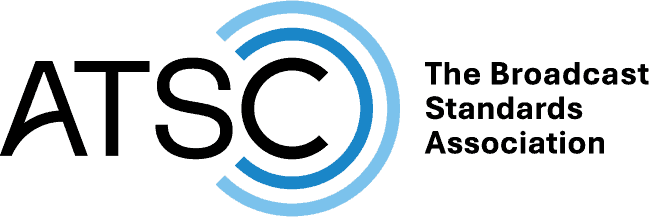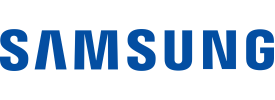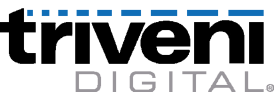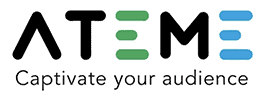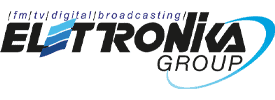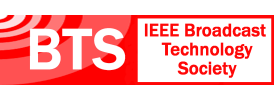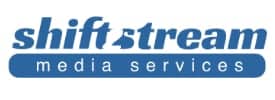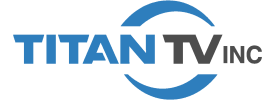- About
- Members
- Sponsors
- Subcommittees
- Technical Documents
- News
- Events
- Spotlight ATSC 3.0
- Contact Us
- Member Login
- Member Meetings
- Advanced Search
Search Site
Member Links
- About
- Members
- Sponsors
- Subcommittees
- Technical Documents
- News
- Events
- Spotlight ATSC 3.0
- Contact Us
- Member Login
- Member Meetings
- Advanced Search
Noland Chosen To Lead ATSC Technology Group
Posted on February 22, 2018 in Press Releases
For Immediate Release
She Will Succeed Chernock in May
WASHINGTON, Feb. 20, 2018 – The Advanced Television Systems Committee’s Board of Directors has selected Madeleine Noland of LG Electronics to lead the ATSC’s primary technology group supporting implementation of the new ATSC 3.0 next-generation broadcast TV standard. She will succeed Triveni Digital’s Dr. Richard Chernock as Chairman of the ATSC Technology Group in May.
“Throughout the development of the ATSC 3.0 suite of standards, Madeleine has been a consistent and dependable leader. She is adept at forging agreements on difficult technical issues within the collaborative standards development process. Following in Rich’s footsteps is a logical progression for her. We are delighted that Madeleine has accepted this new assignment to guide the Technology Group’s continuing development of standards and recommended practices,” said ATSC President Mark Richer.
The 2016 recipient of the ATSC’s highest honor, the Bernard J. Lechner Outstanding Contributor Award, Noland has been a key player in the development phase of Next Gen TV powered by ATSC 3.0, Richer explained. For instance, as the Chair of the Specialists Group on Applications and Presentation for ATSC 3.0 (TG3/S34), Noland demonstrated “outstanding leadership and dedication,” he said.
The S34 group is focused on user experience, including support for next generation video and audio codecs, linear TV services, interactive applications, accessibility including closed captioning, and other features. She led the effort to develop key ATSC 3.0 features, including vetting of standards for watermarking, advanced emergency alerting, personalization and companion devices. The same group also enabled compelling high-quality video capabilities, as well as high dynamic range and wide color gamut solutions.
As Vice Chair of the S31 Specialists Group, Noland helped to frame the system requirements for ATSC 3.0, coordinating the full documentation of the new standard with the work of other committees. She also played an active role in developing usecase scenarios that describe the desired attributes of the new standard.
Noland began her career in television systems in 2004 with Backchannelmedia, Inc. (BCM), an interactive television technology developer. It was during her work with BCM that she first started working on ATSC projects.
Through her involvement in industry standards work, Noland’s efforts were noticed by longtime ATSC member LG Electronics, and she joined their ATSC 3.0 team, in LG’s Office of the Chief Technology Officer, in early 2013. An alumna of the University of Massachusetts, Noland also is a talented wind synth and keyboard player in a band called Eccentric Orbit.
She is credited on three U.S. patents for television technology.
About the ATSC:
The Advanced Television Systems Committee is defining the future of television with the ATSC 3.0 next-generation broadcast standard. ATSC is an international, non-profit organization developing voluntary standards for digital television. The ATSC’s 140-plus member organizations represent the broadcast, broadcast equipment, motion picture, consumer electronics, computer, cable, satellite, and semiconductor industries. For more information visit atscnextgentv.vp77wsn4-liquidwebsites.com.
# # #
ATSC Media Contact:
Dave Arland
(317) 701-0084
Dave@ArlandCom.com
Posted in Press Releases
News Categories
News Archives
Subscribe
Subscribe to The Standard, our monthly newsletter. Learn More
Join ATSC
ATSC is a membership organization with both voting and observer categories. Voting members include corporations, nonprofit organizations, and government entities, and they participate actively in the work of ATSC. Observers are individuals or entities not eligible to be a voting member.
Subscribe to our Newsletter
Subscribe to The Standard, our monthly newsletter, to stay up-to-date with ATSC news and events around the world.
Site Links
Contact Us
Advanced Television Systems Committee, Inc.
1300 I Street NW, Suite 400E
Washington, DC 20005
Do you have questions about ATSC?
About ATSC
The Advanced Television Systems Committee, Inc., is an international, non-profit organization developing voluntary standards and recommended practices for digital terrestrial broadcasting. ATSC member organizations represent the broadcast, broadcast equipment, motion picture, consumer electronics, computer, cable, satellite, and semiconductor industries. ATSC also develops digital terrestrial broadcasting implementation strategies and supports educational activities on ATSC standards.
© 2025 ATSC
